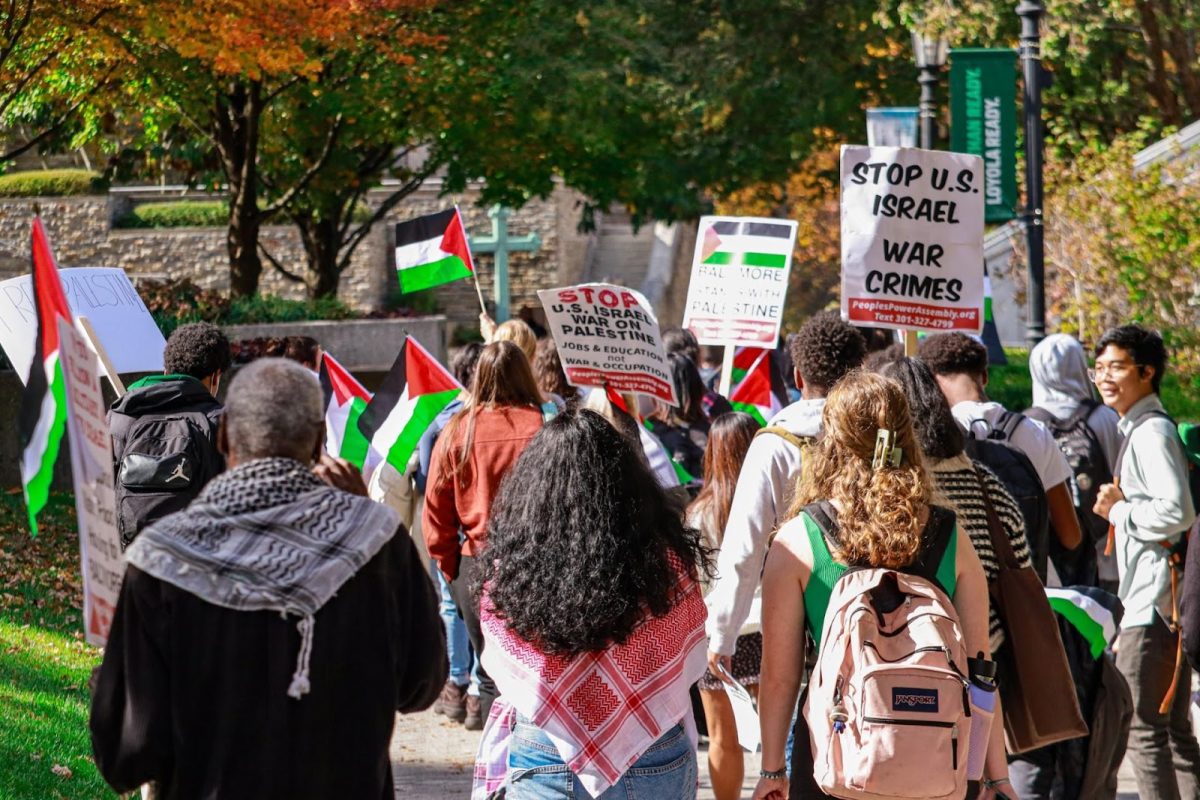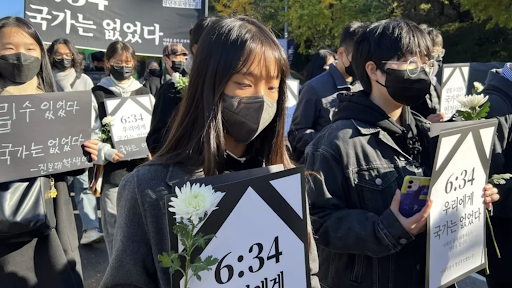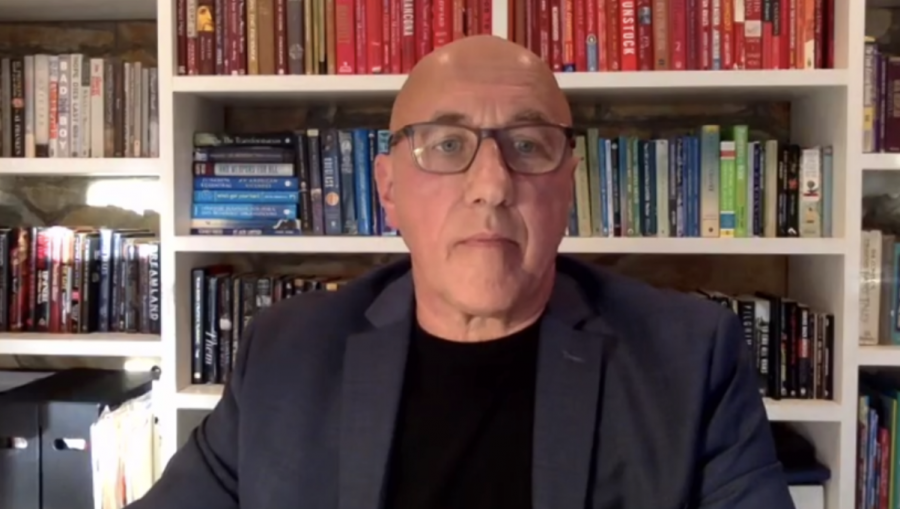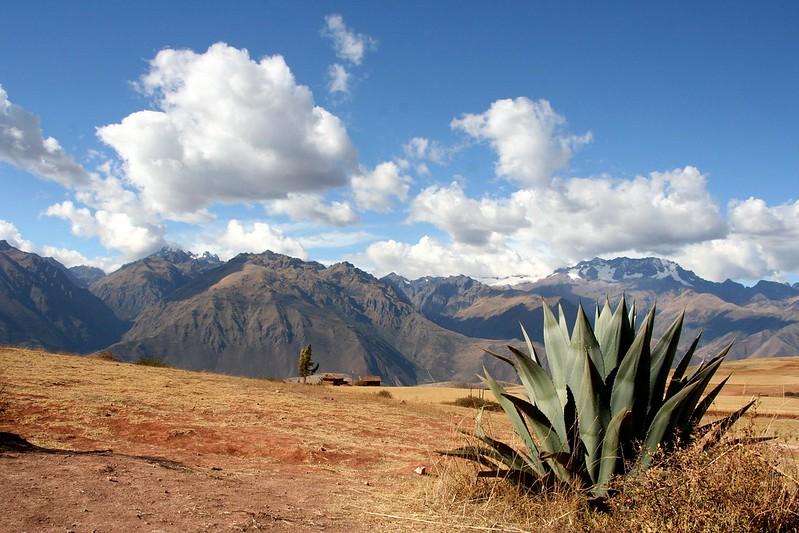Update: On Monday, Feb. 20, another 6.4 magnitude earthquake hit Turkey and Syria in the same region. So far more than 680 people have been injured in Turkey and Syria as well as three reported dead.
On Feb. 6 a 7.8 magnitude earthquake rippled through southern Turkey and neighboring Syria. More than 46,000 people have died as a result of this earthquake.
Still, people are being found among the rubble. A woman was found who survived for nine days under the rubble. Sadly, there are people like Christian Atsu, a professional soccer player for the Premier League side Newcastle, who was found dead in the rubble as well.
Dr. Bahar Jalali and Dr. Fuat Gürsözlü, professors here at Loyola shared their reactions, what they knew about the earthquake, and how they believe Turkey could have been more prepared.
Dr. Jalali, a history professor at Loyola who used to live in Turkey and last visited in 2019, said she has friends who reside in Turkey. Jalali was fortunate to find out that they were safe. She said that she first found out about the news through Facebook.
“I was deeply impacted when I first heard the news. I have friends still there and relatives who decided to buy their retirement home there in Turkey. I have a friend there that I have known for over 20 years, and I saw on Facebook that she had marked herself as safe.”
Since this earthquake, one of the concerns being brought up is construction. There have been previous earthquakes in Turkey. An earthquake in 1999 resulted in 17,000 deaths, and the same problem with construction was brought up then.
In the earthquake and aftershocks of Feb. 6, some of the buildings that collapsed were constructed as recently as 2018 and 2019. The BBC has already investigated as to why so many of the recent buildings have collapsed.
Dr. Fuat Gürsözlü, a philosophy professor at Loyola, is originally from Turkey. He said that he was upset by the news and was disappointed as there could have been things done to prevent how badly it affected the area. He explained that if construction was better and taken more seriously, they might not have lost as many buildings and hopefully that would have meant fewer casualties.
“One thing you should know about Turkey is that it rests on fault lines, so we are not new to experiencing earthquakes. One of the problems with construction is that many buildings are weak as they don’t use the best materials and are not always up to code. When you see that as part of the news, obviously you are upset as it could have been prevented; not the earthquake but the human toll.”
Affected areas in Turkey and Syria are still trying to recover from the destruction and can use all the help they can get. If you want trusted sources and organizations to donate to, Dr. Gürsözlü recommends UNICEF and ahbap.org.
Image courtesy of Peter Riccio












































































































